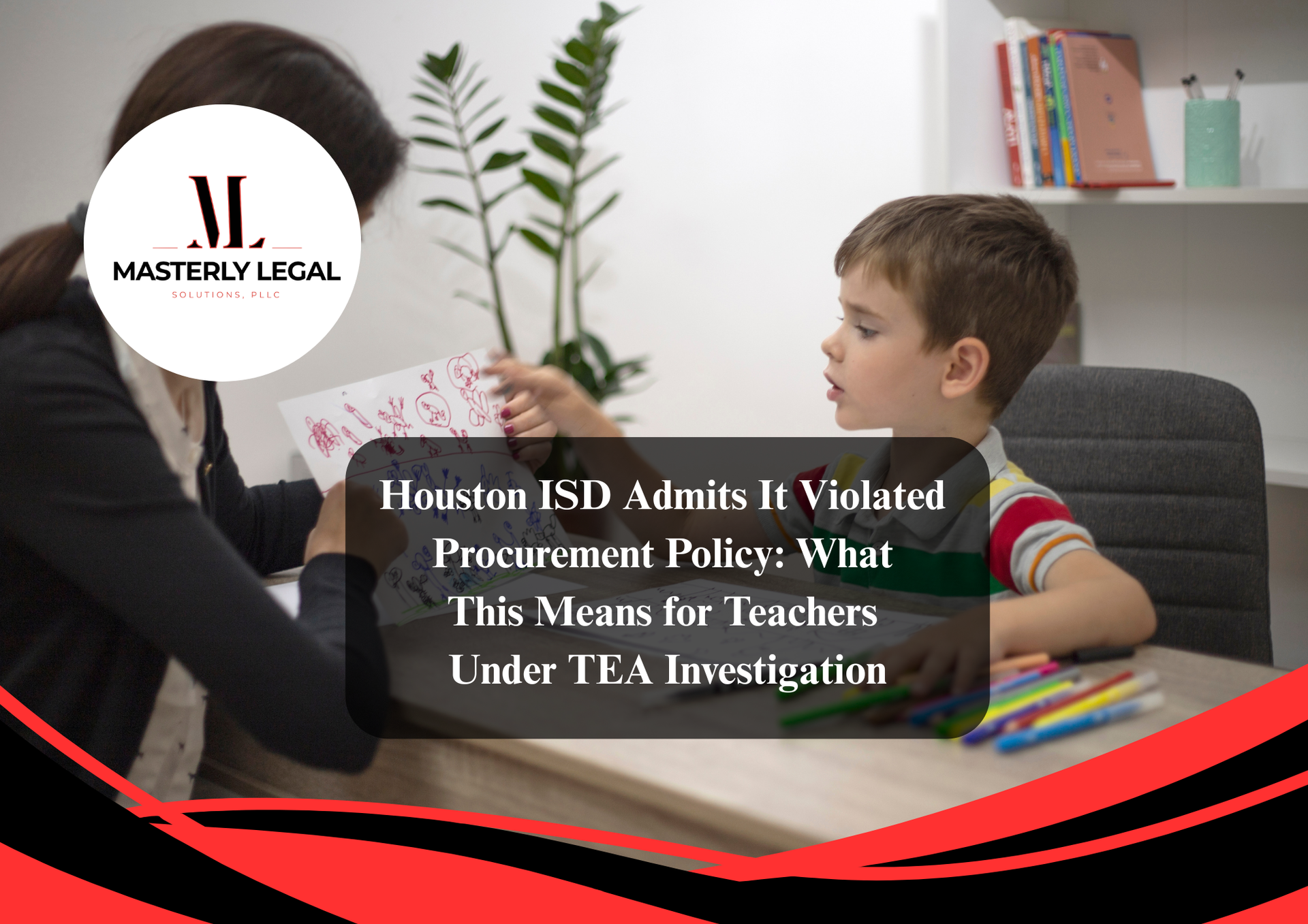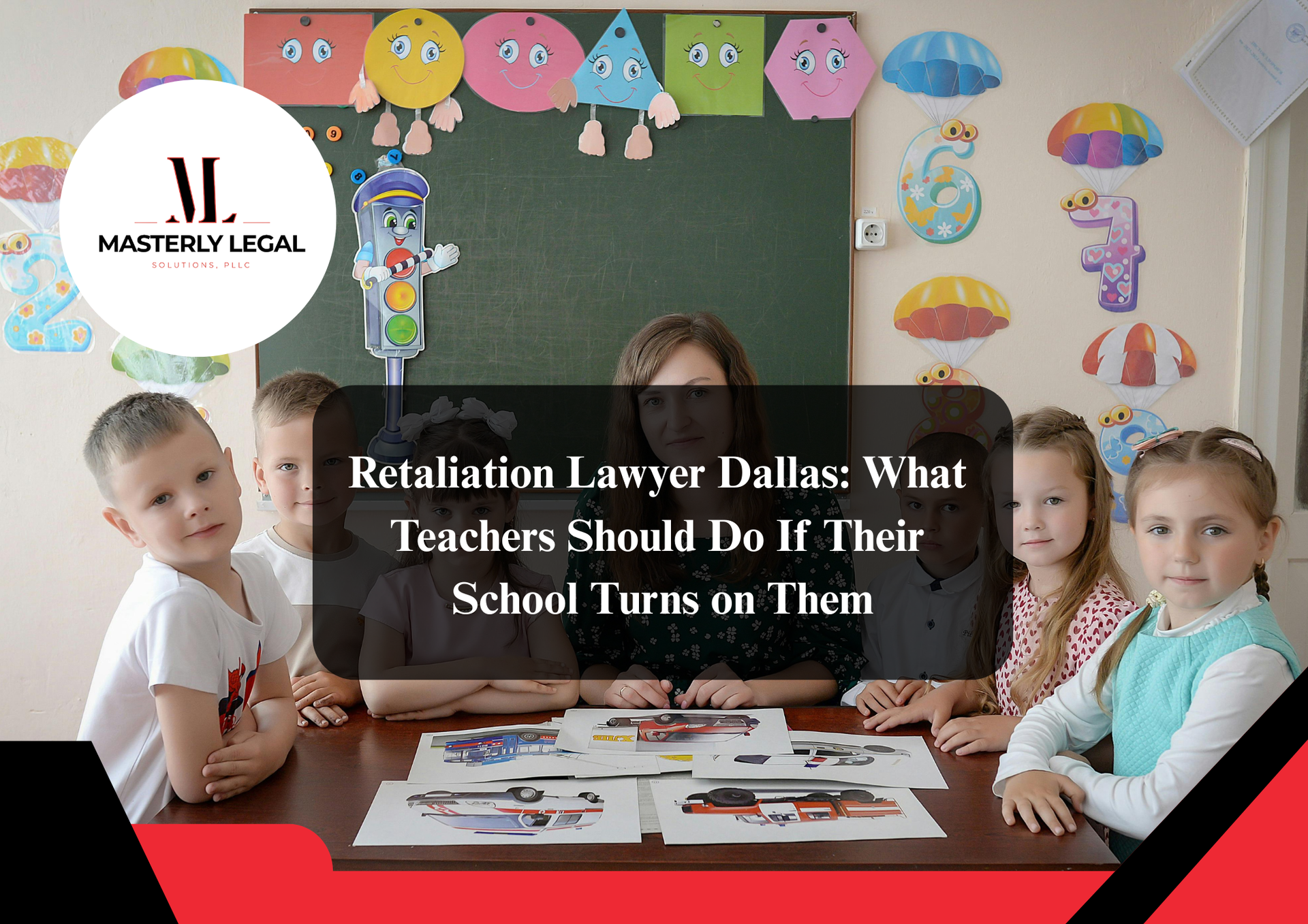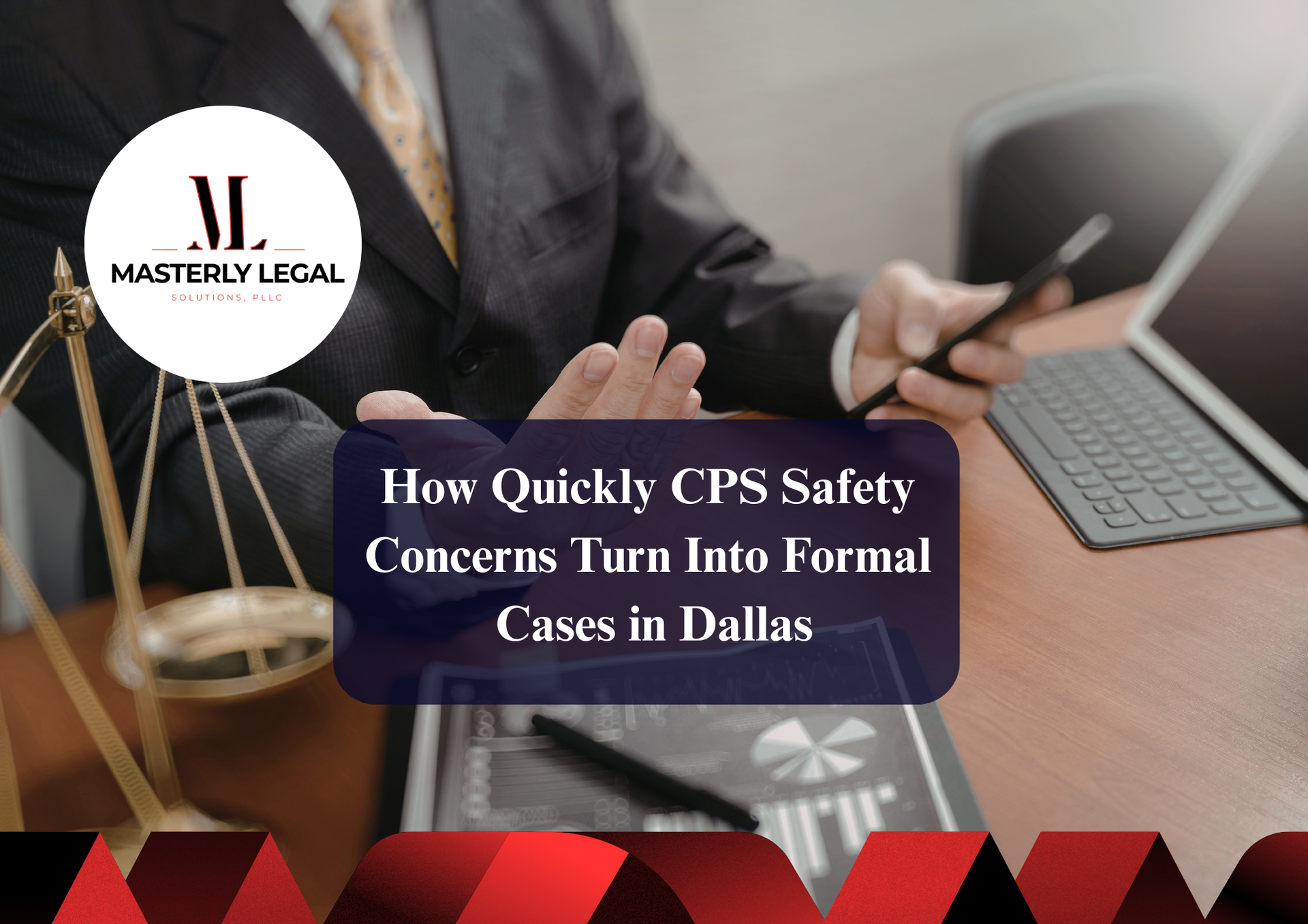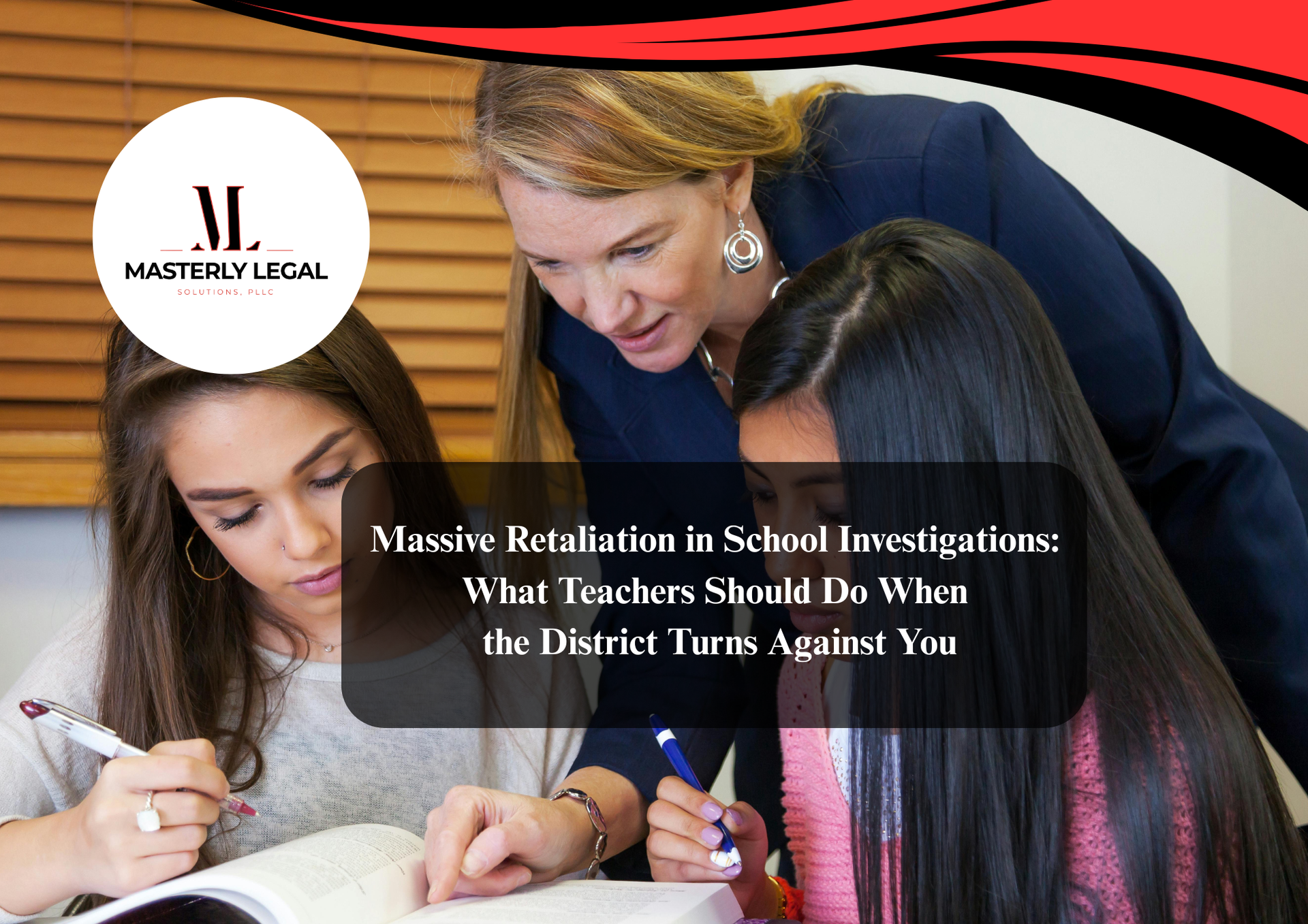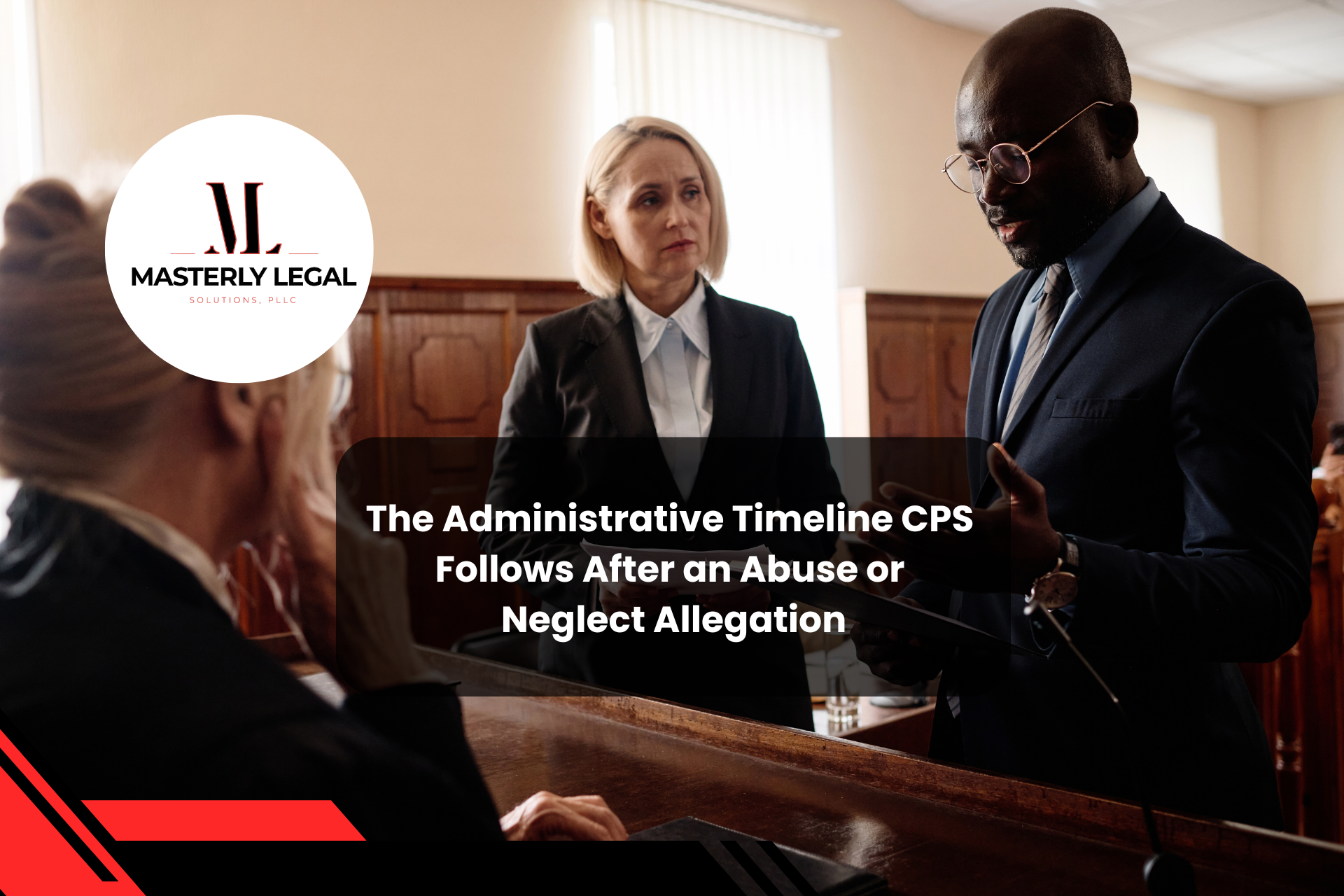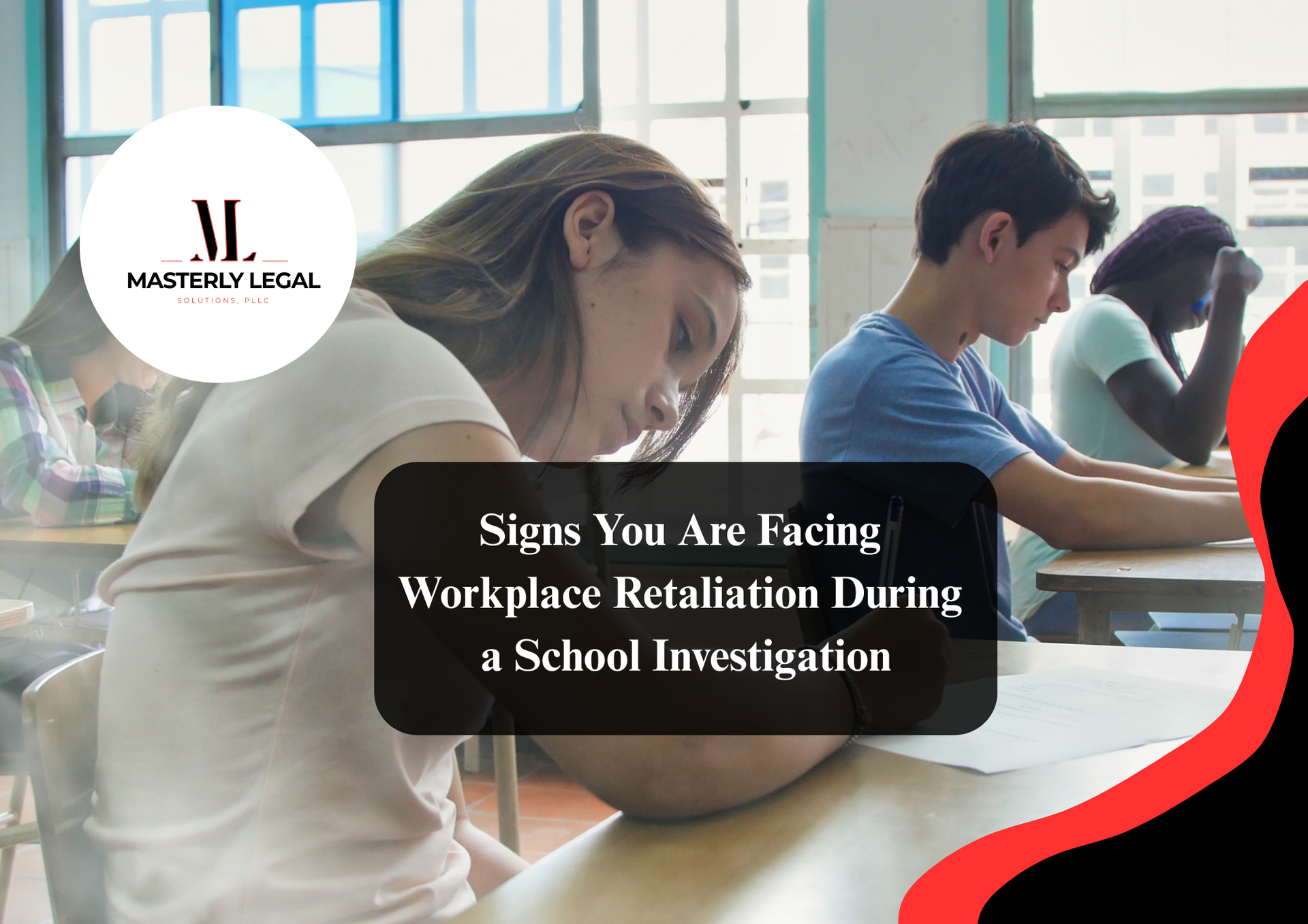Navigating Social Media: Best Practices for Educators and Coaches
Navigating the Fine Line: Social Media Interaction and Educator Discipline Guidelines
Social media offers educators innovative ways to connect, share, and engage with students, parents, and the broader educational community. However, this digital interaction comes with its complexities and potential pitfalls. Understanding the dos and don'ts of social media interaction is crucial for teachers, administrators, and coaches to maintain professional boundaries and uphold the integrity of the educational environment. This article delves into essential guidelines, underscored by examples of educator misconduct, disciplinary actions, and best practices to safeguard educators' careers and students' wellbeing. It's a must-read for educational professionals navigating the digital age, aiming to foster positive online interactions without crossing professional lines.
Introduction to Social Media Etiquette and Educator Discipline
Social media platforms offer educators in school districts and charter schools, notably in Texas (TX), a pivotal tool for enhancing communication and educational delivery. However, navigating these digital spaces requires strict adherence to professional standards to avert educator misconduct and uphold discipline within the educational context. This segment outlines social media's significant impact on the educator-student dynamic and the critical need for a professional online presence to safeguard educator certification and maintain the integrity of local and state education systems. The state board of education and the Texas Education Agency (TEA) play key roles in setting these standards, emphasizing the importance of both investigating and disciplining misconduct.
The Importance of Professional Boundaries in Educator Conduct
Instances of educator misconduct often arise from blurred personal and professional interactions on social media, sometimes involving conduct that could potentially harm students or other community members. This section, using real-life examples, underscores the importance of maintaining clear boundaries. Violations can lead to disciplinary actions imposed by the school board, affecting the educator's professional reputation and potentially leading to suspension or censure for severe infractions.
What Happens When a Teacher is Under Investigation for Misconduct?
Facing an investigation, triggered by a formal complaint to the school district or state board, can be overwhelming for educators. This segment details the investigative process, from the initial filing and documentation review to potential outcomes like administrative leave or revocation of the educator's certificate. It emphasizes maintaining professional conduct and the critical role of the hearing officer and district administrators in the proceedings, ensuring fair enforcement of board rules.
The Role of Education Law Attorneys in Addressing Educator Misconduct
In navigating the complexities of social media misconduct, education law attorneys offer invaluable defense strategies to protect educators' rights and careers. This section discusses how lawyers, adept in school law and regulatory requirements, provide representation and counsel to educators, ensuring proceedings are conducted with due diligence and based on sufficient evidence, potentially preventing unjust outcomes.
Understanding Teacher Discipline and Misconduct in the School District
For every teacher, administrator, and paraprofessional, distinguishing between appropriate and inappropriate social media interactions is crucial. This part offers clarity on educator discipline and misconduct definitions within the public school system, informed by district administrators and the practices commission, guiding educators to avoid pitfalls and adhere to professional standards.
Best Practices for Social Media Use by Educators
Educators engaging with the school community via social media must adhere to best practices that respect professional boundaries. This section provides actionable guidelines for appropriate use, highlighting the significance of privacy settings, content review, and compliance with district policies, all aiming to align activities with professional standards and safeguard educator certification.
Proactive Measures to Avoid Misconduct and Maintain Educator Certification
Awareness and proactive measures are fundamental in preventing misconduct. Educators are encouraged to adjust privacy settings and regularly review content to ensure their social media activities comply with professional standards, school policies, and state statutes. This approach helps protect educator certification and addresses potential risks of unprofessional conduct.
Consequences of Educator Misconduct in Texas: A Focus on TEA and School Law
In Texas, the implications of social media misconduct for educators are particularly significant. The Texas Education Agency (TEA) is instrumental in conducting investigations and imposing disciplinary actions. This section elaborates on the consequences faced by educators, including the loss of certification for infractions, underscoring the necessity of legal representation to defend against allegations that could lead to certification revocation.
Defending Your Teaching License: The Role of a Defense Attorney in Educator Discipline Cases
Obtaining a defense attorney is crucial for educators facing misconduct allegations. This part delves into the defense process, illustrating how an attorney advocates for educators in proceedings before the school district or state board of education, ensuring thorough review of all documentation and evidence.
Preventing Educator Misconduct: A Call to Action for Schools and Districts
Mitigating educator misconduct necessitates collective action from educators, administrators, legal professionals, and the school board. This concluding section calls for fostering a culture of professionalism and respect in digital interactions within the school district, advocating for ongoing education, policy development, and adherence to professional standards and practices.
Looking for Legal & Business Solutions? Contact Us Now
Fill in the form or call us to set up a meeting

